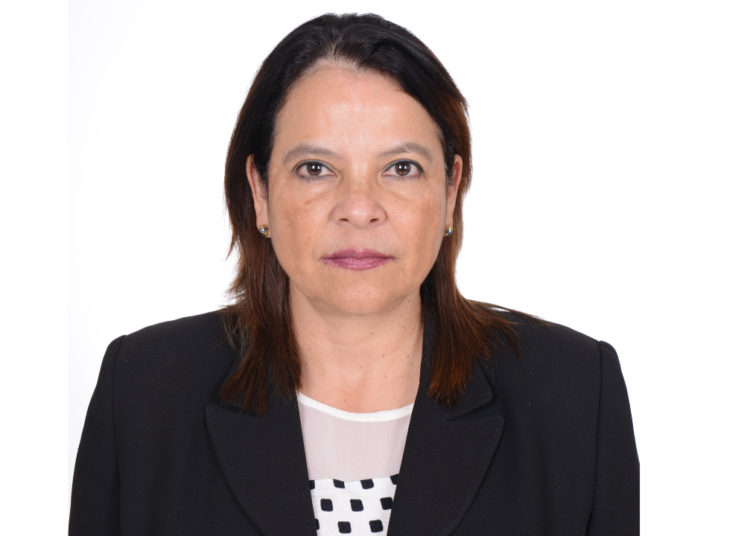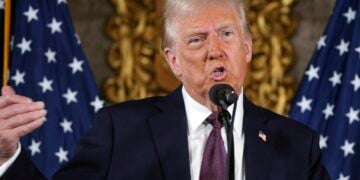Nigeria’s out of school problem is followed globally, not just because the problem is large and growing but because global progress by 2030 depends on how it is solved in Nigeria. According to the Universal Basic Education Commission (UBEC), there are over 10 million children at the primary level and a further 8 million children at the junior secondary level who are out of school. . Nigeria therefore accounts for 15% of the total number of out of school children globally.
When numbers are this large, we forget what they mean. Behind each number is a child. Eight million dreams unrealized. Ten million futures limited before children have a fair chance to reach their potential.
Children are exposed to untold risks when they don’t go to school – heightened chance of being under-nourished and under-immunized, forced into child labour and increased likelihood of being married and pregnant too young. These risks not only violate children’s fundamental human rights but trap them in intergenerational cycles of marginalization and poverty.
It is no surprise then that poverty is the most significant barrier to school access exacerbated by school fees and other hidden costs of education. 17% of children aged 12-14 years in Nigeria are involved in economic activity for 14 hours or more each week . There is an urgent need to prioritize primary and secondary education for girls, Almjiri children, and children with disabilities.
The system itself also limits opportunities. Chronic underfunding of education perpetuates challenges in access, as well as learning quality. Nigeria’s education allocation remains consistently low and regressive—at 1.2 per cent of GDP against an international benchmark of 4-6 per cent. Countries of similar development status—Ghana and Indonesia for example—which invest significantly more in education see impressive returns. Nigeria’s underinvestment, on the other hand, is driving severe shortfalls in infrastructure and teaching staff, contributing to overcrowded classrooms and poor learning outcomes.
Disruption to education remains an all-too-familiar phenomenon in Nigeria, as conflict and insecurity in the north and central regions regularly shutter schools for millions of children—including for 1.3 million children in 2020/21 alone, according to the Ministries of Education of Kaduna, Sokoto and Zamfara states.
These deprivations are strongly interlinked and demand comprehensive solutions. But Nigeria is also in the enviable position of having abundant evidence on what works to solve these persistent problems. Over the past 10 years, federal and state governments in Northwest Nigeria with the support of UNICEF and the Foreign, Commonwealth and Development Office (FCDO) tested solutions in formal and non-formal schools through the Girls Education Project Phase 3 (GEP3).
We now know through rigorous evaluation of GEP3 that putting cash in the hands of families and schools, combined with community-led enrolment campaigns and high-quality early grade reading and numeracy interventions—a set of interventions known as “cash plus”—brings millions of children, particularly girls into the schooling system and keeps them there.
So powerful and enduring is the impact of this approach that gender parity is achieved, school retention increases, performance in English, mother tongue and in math improves, youth literacy levels rise and early pregnancy and marriage decline.
That we have collectively showcased what works to get more children into school through GEP3 is cause for celebration. That we have not yet scaled what we know to work is cause for concern. While development partners work with government to generate evidence on how to improve access and quality, the mandate and resources to scale these interventions to every child in Nigeria rests with government. The ongoing induction of new governors this week in Abuja by the Nigeria Governor’s Forum is an opportunity to redouble efforts to act with speed and at scale on the available evidence and to create an enabling environment for scaling.
So, what does an enabling environment look like?
It involves spending more on education. Little change will come to the life experience of children and the economic outlook for Nigeria unless it sees investment in education in the range of 15-20 per cent of government expenditure at federal and state levels. It is this scale of investment in human capital formation that sets the stage for a potential demographic dividend from the large and growing youth bulge.
And it involves spending better on education. In a context where universal enrolment remains in the distance, evidence from other countries indicates that spending 45 percent of the overall education budget on primary education can bring the returns we urgently seek.
All available data in Nigeria points to the fact that Nigeria’s out of school problem is manifesting most acutely in the North and among marginalized children – the poor, rural, children with disabilities, children on the move, and those facing other deprivations. An equitable funding formula at federal and state levels can offer opportunities for education where it is needed the most.
When these minimum conditions are met, the stage will be set for cash plus initiatives like GEP3 to significantly address the out of school problem. It is time to fulfill the promise of a better future for children in Nigeria.
We know what to do and we know how to do it. So, let’s do it!
– Munduate is UNICEF representative in Nigeria





